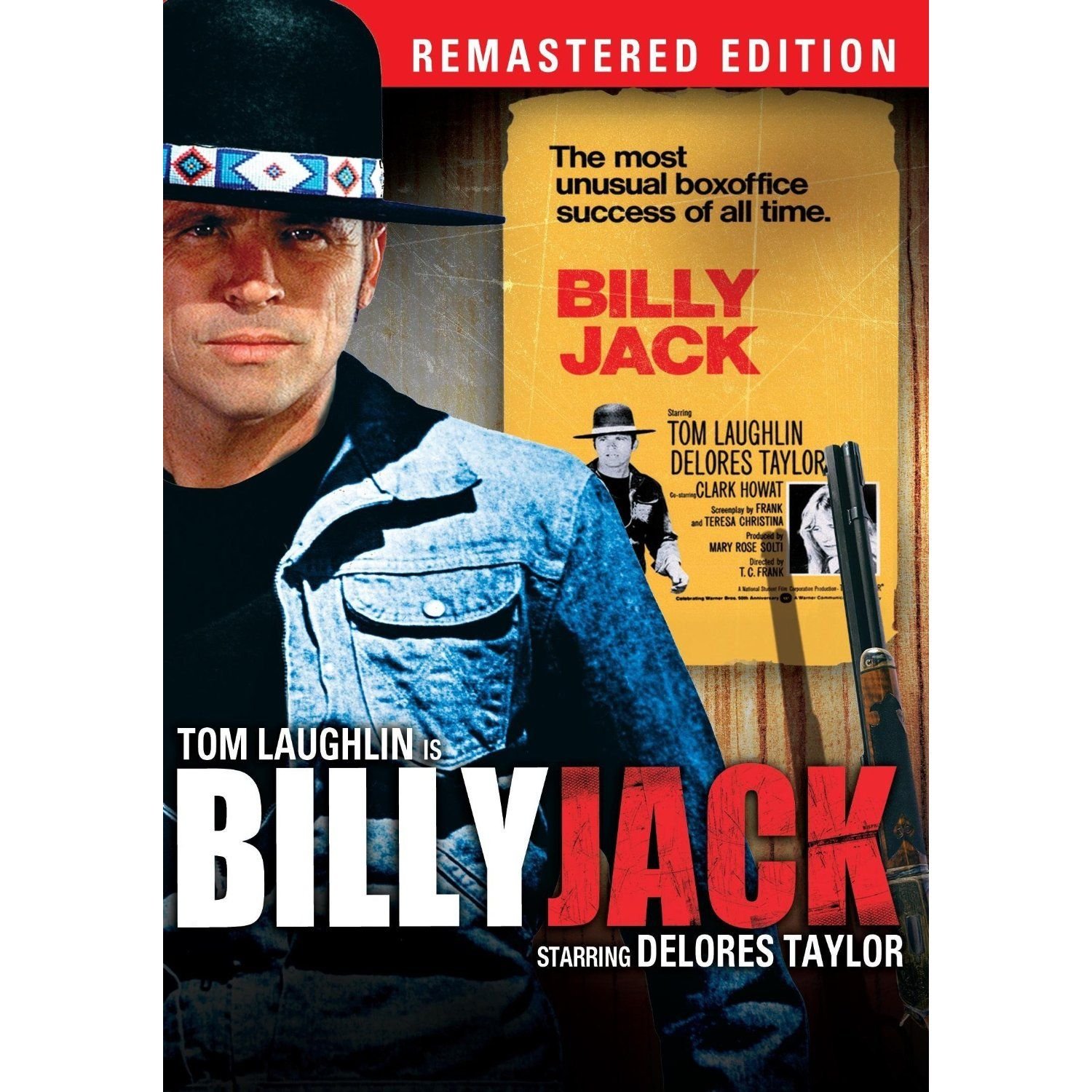A clear, reader-friendly guide to the parable behind the lyrics, the song’s origin and context during the Vietnam era, and how to hear its moral punch instead of dismissing it as merely melancholy.
By Johnny Punish
Opening: Sad, Yes — But Purposefully So
At first listen, One Tin Soldier sounds like a mournful folk parable: a story of violence, regret, and loss. Many listeners stop there and call it simply “sad.” That response is valid — but incomplete. The song is intentionally sorrowful so it can do something workmanlike with that sadness: it converts it into a moral lesson. The sadness is the hook; the twist is the lesson.
History & Context: When the Song Arrived
The song was written by Dennis Lambert and Brian Potter and first recorded in 1969 by the Canadian group The Original Caste. By the early 1970s several versions were circulating and the song found renewed visibility in the United States when the band Coven recorded it for the soundtrack of the countercultural film Billy Jack (1971).
The song sits firmly within the protest-conscious musical atmosphere of the late 1960s and early 1970s — the same era that produced a flood of songs responding to the Vietnam War, civil rights struggles, and cultural upheaval.
In that era, protest songs did more than express grief: they argued a moral position. One Tin Soldier does this through narrative: a parable that asks listeners to see what violence actually accomplishes (and what it destroys).
Walkthrough: The Story the Song Tells
Here’s the narrative in plain terms, verse by verse:
Verse 1
Children are told a story: a kingdom sits on a mountain, valley folk live below, and beneath a stone on the mountain is a buried treasure. The valley people vow to possess it.
Verse 2 & 3
The valley people demand the treasure. The mountain people offer to share — they are generous and peaceful. Enraged, the valley people attack, kill the mountain inhabitants, and stand over the unturned stone. When they finally flip it over, what they find is not gold but a simple inscription: “Peace on Earth.” The final image: one tin soldier rides away.
“Turned the stone and looked beneath it — ‘Peace on Earth’ was all it said.”
The turning of the stone is the song’s reveal: the prize was never material wealth. It was a moral truth they could have lived by — but instead they destroyed the holders of that truth.
What the “One Tin Soldier” Means
Immediately: it’s a symbolic image. A tin soldier is a toy — an imitation of war’s instruments. When the song says a one tin soldier rides away, it suggests that the mechanized, unemotional machine of war survives; it marches on while humanity pays the price. The final survivor is not wisdom or peace, but the very instrument of violence.
Why Listeners Miss the Moral Twist
It’s natural to hear sadness first; the melody and narrative invite empathy. But some listeners stop at emotion and miss the parable’s moment of revelation: the unturned stone that reads Peace on Earth. Play the song through once more, listening for that pivot — from story to moral. If you catch the reveal, the song becomes both indictment and lesson rather than merely a lament.
Lyrics (Selected Excerpts)
Below are brief excerpts to highlight the song’s arc. (Use these as a guide; consider listening with the words in front of you.)
“Go ahead and hate your neighbor
Go ahead and cheat a friend
Do it in the name of heaven
Justify it in the end”
“Turned the stone and looked beneath it
‘Peace on Earth’ was all it said”
Modern Relevance
Why should this 1969/1971-era parable matter in 2025?
Because the patterns it describes — greed, the use of ideology to justify violence, and the failure to recognize the true value of peace — repeat themselves across time. The song remains a short, clear parable: we destroy what we claim to prize when we pursue prize through violence.
Lyrics
Listen, children, to a story
That was written long ago
About a kingdom on a mountain
And the valley folk below
On the mountain was a treasure
Buried deep beneath a stone
And the valley people swore
They’d have it for their very own
Go ahead and hate your neighbor
Go ahead and cheat a friend
Do it in the name of heaven
Justify it in the end
There won’t be any trumpets blowing
Come the judgment day
On the bloody morning after
One tin soldier rides away
So the people of the valley
Sent a message up the hill
Asking for the buried treasure
Tons of gold for which they’d kill
Came an answer from the kingdom
With our brothers we will share
All the secrets of our mountain
All the riches buried there
Go ahead and hate your neighbor
Go ahead and cheat a friend
Do it in the name of heaven
Justify it in the end
There won’t be any trumpets blowing
Come the judgment day
On the bloody morning after
One tin soldier rides away
A one-tin soldier rides away
A one-tin soldier rides away
A one-tin soldier rides away
A one-tin soldier rides away
Now the valley cried with anger
Mount your horses, draw your sword
And they killed the mountain people
So they won their just reward
Now they stood beside the treasure
On the mountain, darkened red
Turned the stone and looked beneath it
Peace on earth was all it said
Go ahead and hate your neighbor
Go ahead and cheat a friend
Do it in the name of heaven
Justify it in the end
There won’t be any trumpets blowing
Come the judgment day
On the bloody morning after
One-tin soldier rides away
Rides Away
Away
Feature: Listening Guide for Two New Covers
MarcyElle — Country Alternative Version
A plaintive, storytelling interpretation with acoustic guitars and pedal steel. MarcyElle’s voice brings the moral weight of the song into an intimate, human space — as if she’s a traveler who’s seen too much. Listen for how the music falls quiet before the last verse, and how the line “Peace on Earth” lands like a whisper of truth.
Johnny Punish — Reggae Version
Johnny Punish transforms One Tin Soldier into a roots-reggae meditation on conscience and unity. The groove carries hope; the rhythm is steady and reflective. Notice how the chorus rises into light, while the final reveal — “Peace on Earth” — strikes with calm irony.











